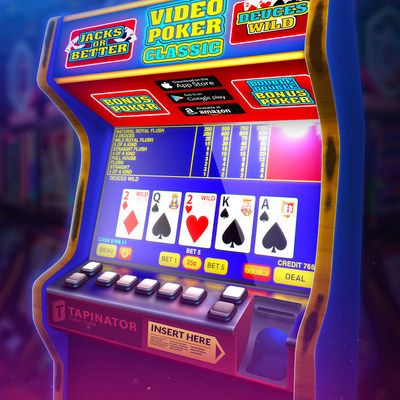
Bankroll Management Tips for Poker Players
- 0
In the world of poker, bankroll management is essential for long-term success. Whether you are a professional player or a casual enthusiast, having a solid understanding of how to manage your funds can make or break your game. In this article, we will discuss some key tips for poker players to effectively manage their bankroll.
Set a Budget
One of the most important aspects of bankroll management is setting a budget that you can afford to lose. It’s crucial to separate your poker funds from your everyday expenses and never dip into money that is earmarked for bills or other commitments. By setting a budget, you can avoid the temptation to chase losses and play beyond your means.
Choose the Right Games
Another key tip for bankroll management is to choose the right games to play. It’s important to play games that are within your bankroll range to avoid risking too much of your funds on a single hand or session. By playing at stakes that are appropriate for your bankroll size, you can minimize the risk of going broke and maximize your chances of long-term success.
Practice Good Risk Management
Good risk management is essential for poker players to protect their bankroll. This means being disciplined in your gameplay, knowing when to fold a hand, and avoiding tilt – the emotional state that can lead to reckless decisions. By practicing good risk management, you can prevent unnecessary losses and ensure that your bankroll remains intact.
Track Your Progress
Tracking your progress is a crucial part of bankroll management for poker players. By keeping detailed records of your wins, losses, and overall performance, you can identify trends in your gameplay and make adjustments as needed. This data can also help you determine if you are playing at the right stakes and if your bankroll is growing over time.
Build a Safety Net
Building a safety net is an important step in bankroll management for poker players. This means having reserves of funds set aside for emergencies or downswings in your gameplay. By having a safety net, you can weather any storms that come your way and continue playing confidently without the fear of going broke.
Conclusion
Bankroll management is a vital skill for poker players of all levels. By setting a budget, choosing the right games, practicing good risk management, tracking your progress, and building a safety net, you can ensure that your bankroll remains healthy and that you have the best chances of success at the tables. Remember, discipline and smart decision-making are key to long-term profitability in the world of poker.

